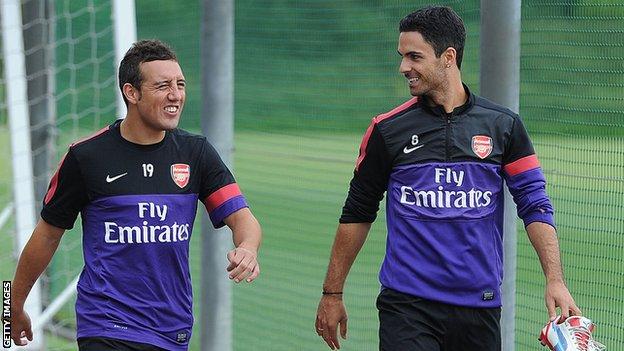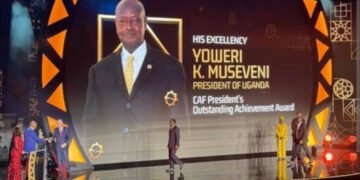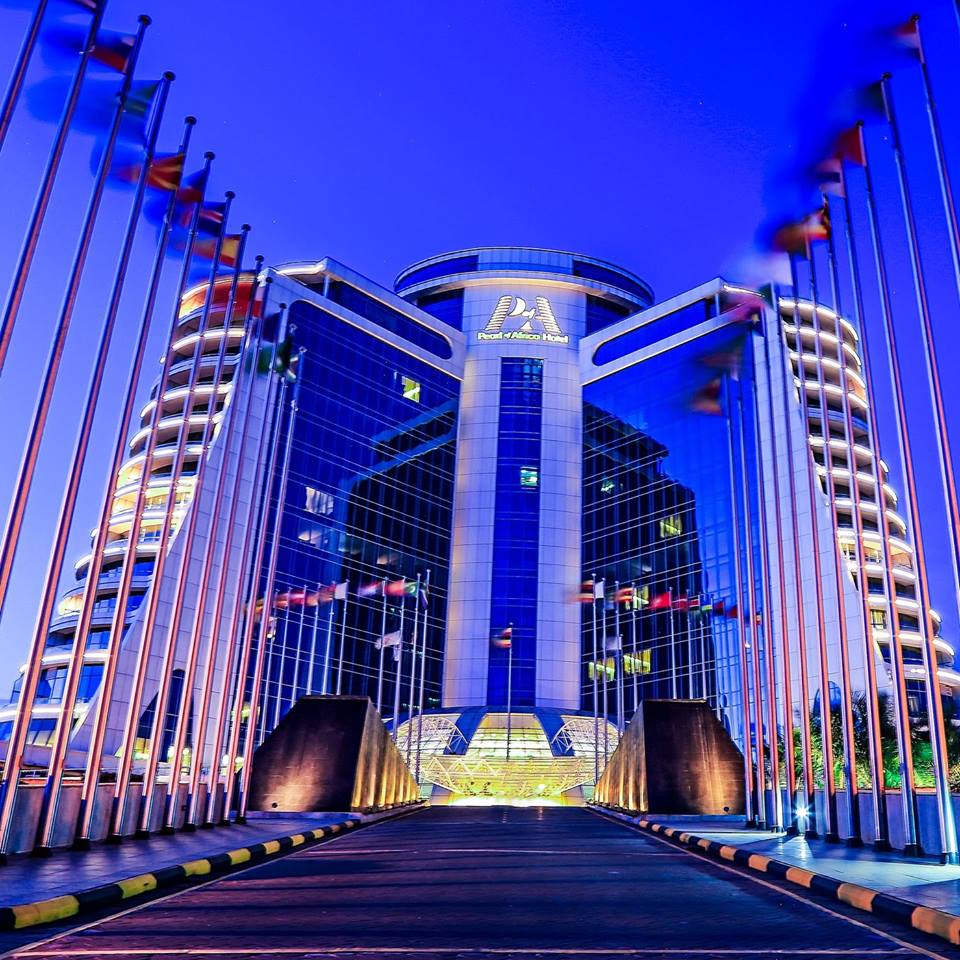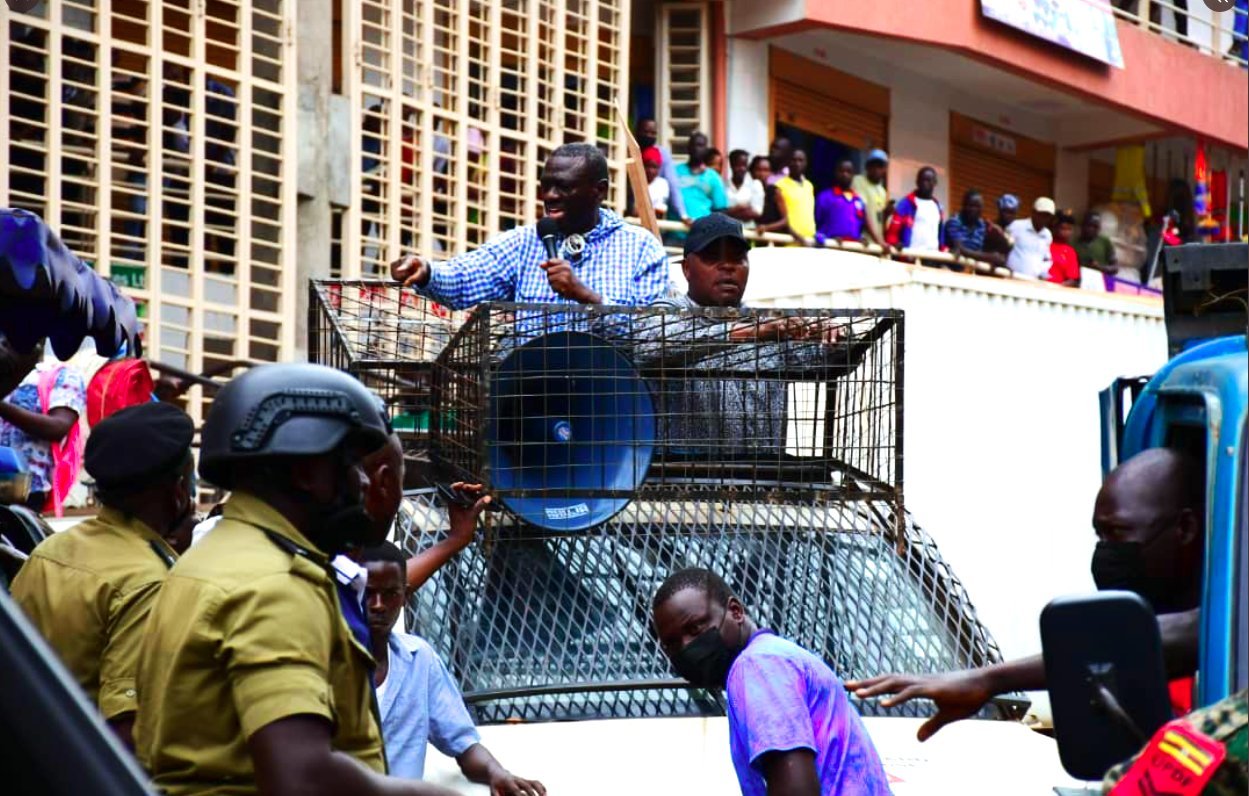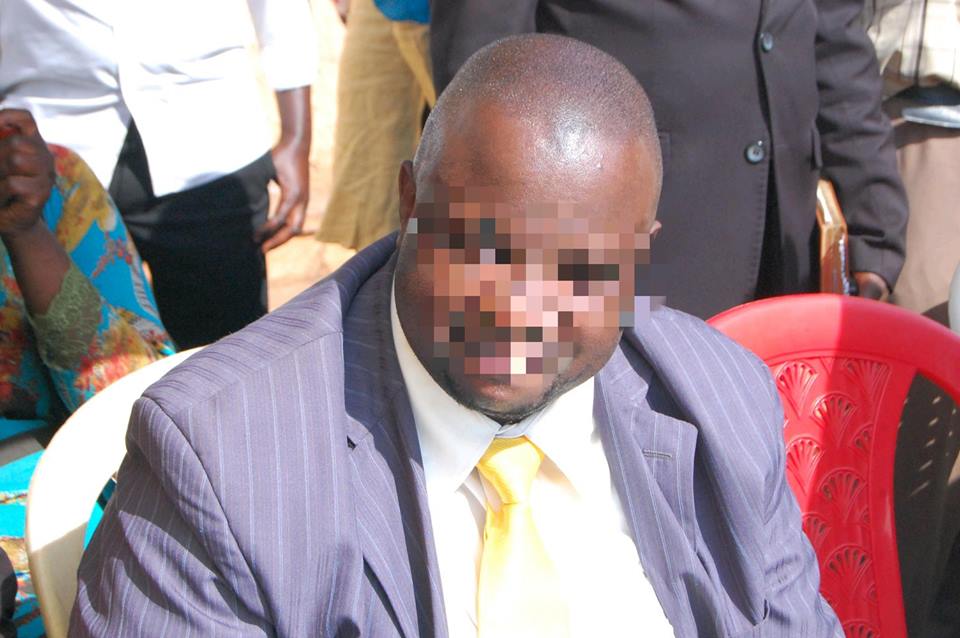Mikel Arteta has been appointed Arsenal’s new manager and, while he may appear something of a novice to many, those who know him well say it is a moment he started preparing for more than 20 years ago.
Even in his early playing days at Barcelona’s academy, in 1997, he was showing the kind of leadership skills which made him a distinctive figure. He has left his mark everywhere he has been since then, not merely as a player but also as a major influence on the team, both on and off the pitch.
Such is the regard in which he is held at Manchester City, there has long been an understanding that it was only ever going to be a matter of time before their assistant manager found himself being offered the top job at another major club. He has rejected the possibility of leading Newcastle and Lyon in recent months as they did not feel right at the time.
In a recent interview City manager Pep Guardiola said: “Everyone has dreams and desires. Hopefully he’s going to stay this season and the next for as long as possible at this club. That would be my dream.”
In fact Guardiola, who knows that most managers cannot choose when and where to move, told Arteta that if an offer of this stature arrived, he would kick him out of the club himself. When it did, Arteta could not refuse – and he kept Guardiola informed of Arsenal’s interest as he had done when other clubs approached him.
In that same interview, Guardiola added that “with his knowledge about the game and his work ethic, he’s ready, absolutely”, adding that it was not beyond the realms of possibility that Arteta might be his successor as City boss.
Guardiola will inevitably be a major influence on Arteta. As will another of the leading Premier League managers of recent years: Mauricio Pochettino.
When Arteta moved to Paris St-Germain on loan in 2001, he found there a kindred spirit in the Argentine, who was one of the first players he tried to emulate.
Pochettino, sacked by Tottenham in November, helped teach Arteta about what was right and wrong when it came to dressing room behaviour, how to interact with players, how to win the respect of team-mates and, crucially, how to become a leader.
In Arteta’s first game for PSG it became clear to Pochettino that this was a player prepared to assume responsibility when the 17-year-old asserted his authority by taking charge of free-kicks and other set-pieces.
“He was brilliant not only because of his talent but his maturity on the pitch,” the former Tottenham manager told Sky Sports in February. “His knowledge about football surprised me. He was a young player who had a capacity to talk at the same level as a 30-year-old player.
“For me, he’s going to be one of the best coaches when he decides to be a coach. He has the capacity to be one of the greatest, for sure. He’s a top personality and character.”
After PSG, Arteta moved to Scotland to join Rangers and, again, his enthusiasm for assuming responsibility became abundantly clear.
He was just 19 years and 48 days old when his 94th-minute penalty earned Rangers the 2002-03 league title thanks to a goal difference advantage of just one over Celtic. In the event, because Rangers had scored more goals they would have won the title even if Arteta had missed his spot-kick, but nonetheless the pressure on even the most experienced and mature of players would have been almost unbearable.



